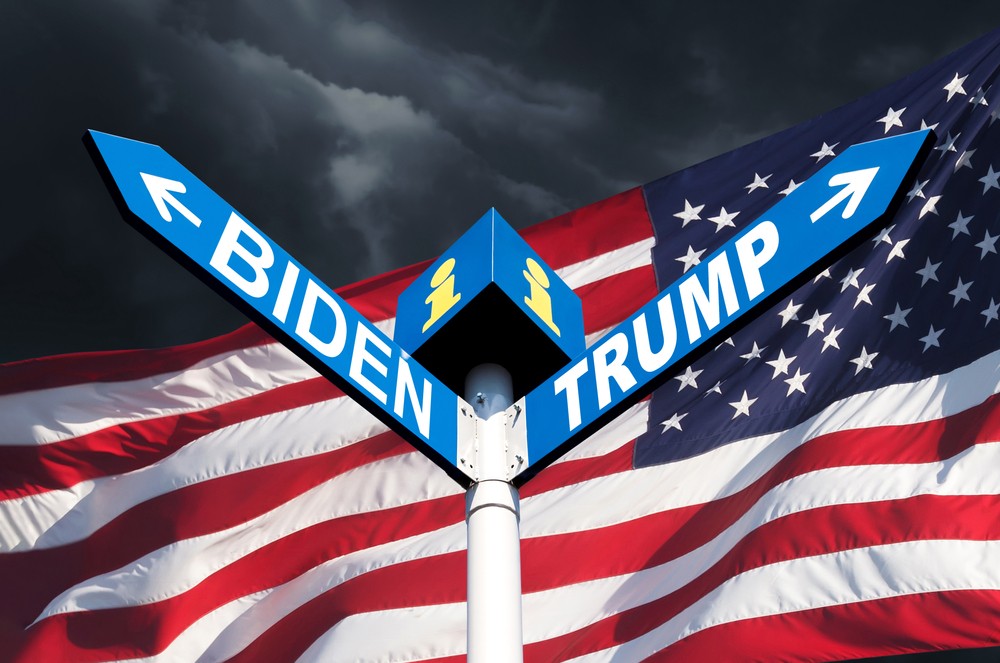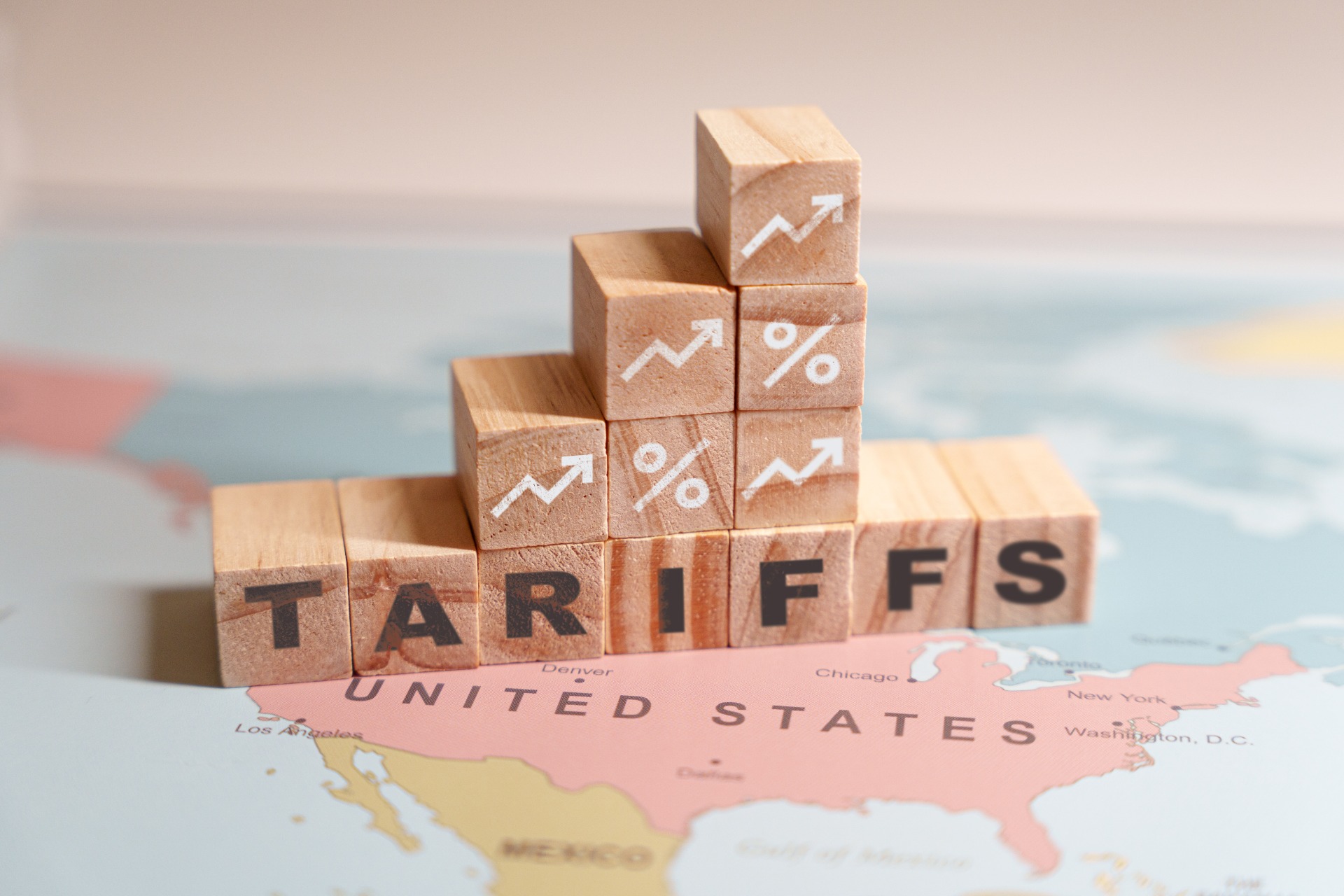
2024 U.S. Elections: The Nearshoring Debate Continues
Nearshoring has become a key strategy in the world of global manufacturing, especially under the Biden administration, which has emphasized the U.S. commitment to this approach.
In 2024, President Joe Biden introduced policies aimed at strengthening the U.S. economy by moving essential manufacturing operations from distant areas back to closer regions like Mexico. While this shift is viewed optimistically by many, it also sparks debate about its long-term impact on competitiveness and consumer costs.
Discover why Mexico is your next manufacturing destination.
The Nearshoring Strategy under Biden’s Administration
Under President Biden, the U.S. has increased tariffs on key imports like electric vehicles and semiconductors to encourage American companies to relocate manufacturing closer to home.
This strategy focuses on:
- Incentivizing Relocation: Encouraging the return of manufacturing operations to the U.S.
- Focusing on High-Tech Industries: Prioritizing sectors crucial for future economies.
- Strengthening Economic Ties: Enhancing relations within the Western Hemisphere, particularly with Mexico.
- Enhancing the U.S. Industrial Base: Aiming to support America’s industrial sector.
- Building Resilient Supply Chains: Fostering more robust supply chains across the Americas.
Trump’s Influence on Nearshoring Policies
During his administration, President Trump significantly escalated tariffs on goods imported from China, a move aimed at encouraging U.S. companies to reduce reliance on foreign manufacturing and choose domestic or closer alternatives instead.
As the U.S. heads into new elections, there’s speculation about potential policy shifts, although it is likely that nearshoring and tariffs will continue to be strong regardless of the outcome.
If Trump were to return to power, his administration might continue to pursue aggressive trade policies, which could influence nearshoring dynamics further. However, the exact impact will depend on the election outcomes and subsequent policy directions chosen by the winning administration.
Debating the Long-Term Impact of Nearshoring Policies
President Biden’s 2024 policies, which increase tariffs on important imports like electric vehicles and semiconductors, have been met with mixed reactions. These policies are designed to strengthen domestic manufacturing, but there is also debate about their wider economic and national security effects.
Economic Implications and Consumer Impact
Experts warn that these protectionist measures could lead to higher inflation and impact economic growth negatively.
Mark Zandi from Moody’s Analytics and various critics have shared their concerns:
- Tariffs might raise prices for consumers.
- Could reduce GDP.
- Might increase unemployment.
- Measures might not boost U.S. competitiveness.
- Fear that economic burdens could shift, making products less affordable for consumers.
This debate highlights the complex relationship between supporting domestic industries and keeping prices low for consumers, showing the challenges in balancing national interests with consumer welfare when it comes to nearshoring.
Looking Ahead: The Future of Nearshoring
The nearshoring strategy shifts manufacturing from Asia to closer regions like Mexico, driven by national security concerns and the desire to reduce dependence on China. By raising tariffs and investing in regional manufacturing, the U.S. aims to strengthen economic ties and secure supply chains.
This will boost business activities across the Americas, benefiting Mexico through increased nearshoring, and becoming a key part of the U.S. economic strategy.
This includes considering outsourcing partners to optimize business processes, save money and enhance high-quality outputs.
You might be interested in: The Rise of Mexico as a Nearshoring Powerhouse.
Transform Your Manufacturing with The Nearshore Company
Ready to boost your manufacturing operations in North America? The Nearshore Company offers expert manufacturing services in Mexico, featuring skilled personnel and certified facilities. Discover how our tailored solutions and over a decade of solid partnerships can bring your operations closer to success.



